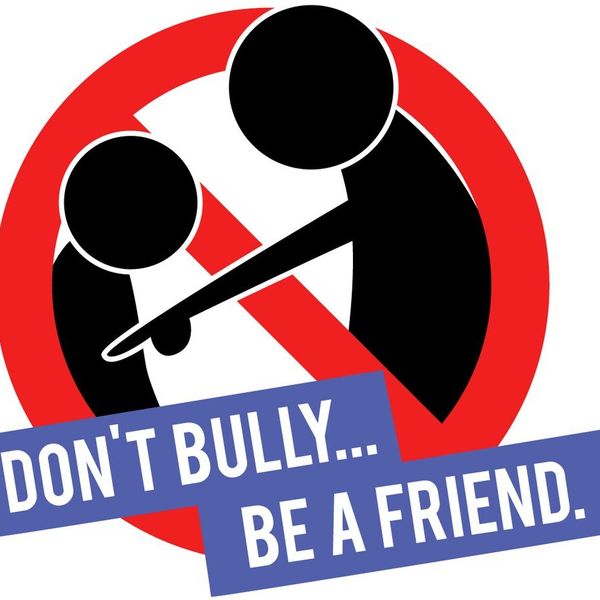Recently, I have seen many different situations where people continue to show that they are unaware of the difference between bullying and joking. This has caused many situations, that could have been solved easily, to escalate to extreme proportions. To prevent too many more issues from being escalated, I feel it is important to understand one of the key components of this kind of situation.
Most people feel that, if their intentions are not that of malice, then they are doing nothing wrong. The phrase “I’m just kidding” is taken more seriously than “I’m being bullied.” This defines one of the crucial problems of this situation.
They key difference between bullying someone and just picking on someone is how they perceive the actions and comments. What this means is that when you make a joke at someone, your intentions may not matter if the joke is hurtful. There is a stereotype in society that the younger generations are becoming “easily offended.” However, it is just the opposite.
I explained this to someone recently when helping with a bullying situation. When a child is being bullied, they will attempt to reach out to someone that they feel can help with the situation. Many in society feel if they downplay the situation, maybe it will go away. Using this thinking, the next comment would be something like “Oh I’m sure they’re just picking on you.”
That statement is powerful and does two things:
- The child now feels responsible for making a big deal out of something and will here on out feel a form of guilt for the entire situation.
- The child will now shut that person out of the situation and not want to open up to others about the situation.
This seems extreme, but it is far from that. We hear it on the news consistently. A child will commit suicide and the parent will stand there in shock saying something along the lines of “We knew there was a problem, but we did not know it was that serious.” This does not only apply to children either. Over the years, there has been an increase in adult bullying.
I am not trying to say that parents and guardians are to blame for these situations. At the end of the day, under every circumstance, the bully is to blame if a situation escalates to violent or deadly proportions, once again, whether they meant it to end up like that or not. What I am saying, though, is that we need to be better as a society in regards to not unintentionally victim blame or shame.
Like I said before, the line between bullying and “picking” is all about perception. We must consider this before we make that joke with our friends or when we tell someone they should just “take it.” At the end of the day, we never know what is going on in the minds of others and we should never assume.
If you ever encounter this situation, do not assume it is smaller than what the person makes it out to be. You also never want to accuse. Listen to what they say, comfort them, and then discuss possible solutions. The solutions will depend on the person and the situation.




















